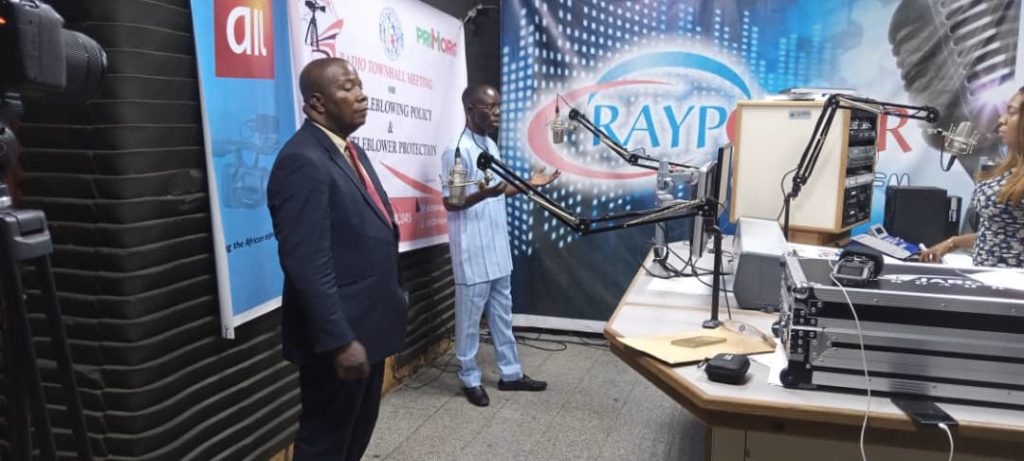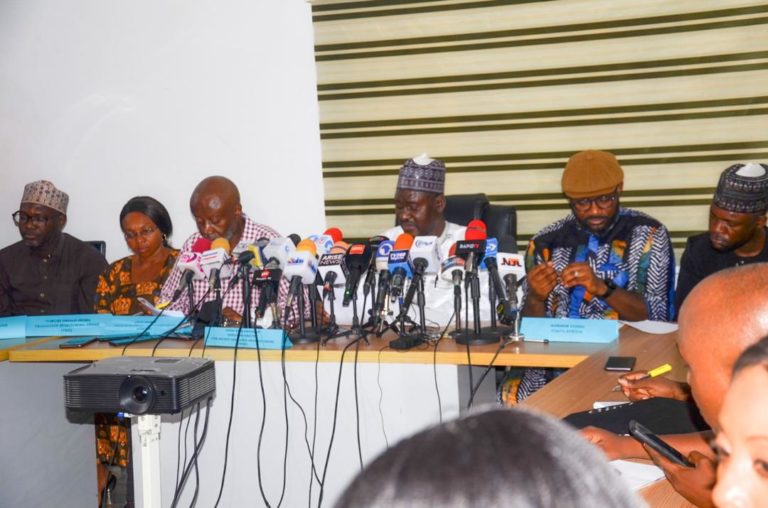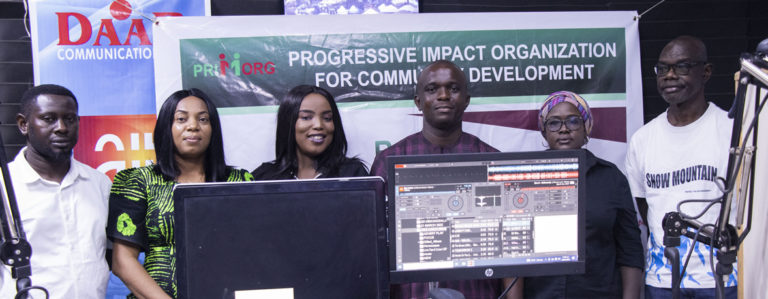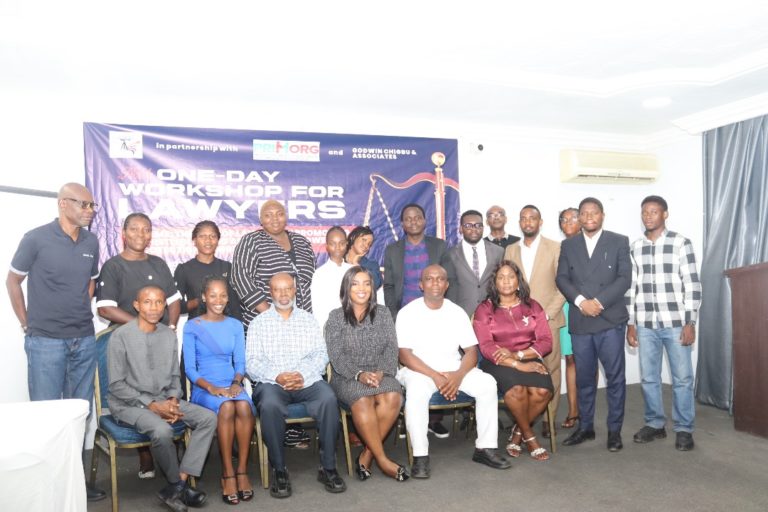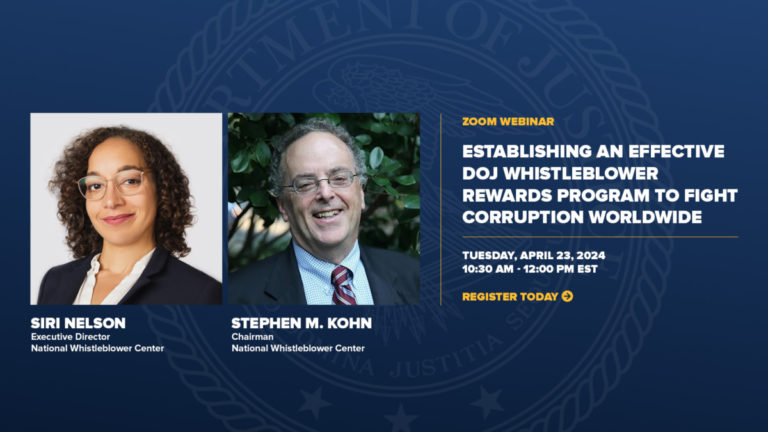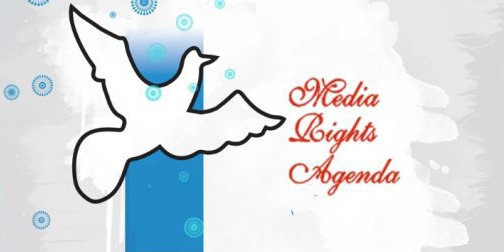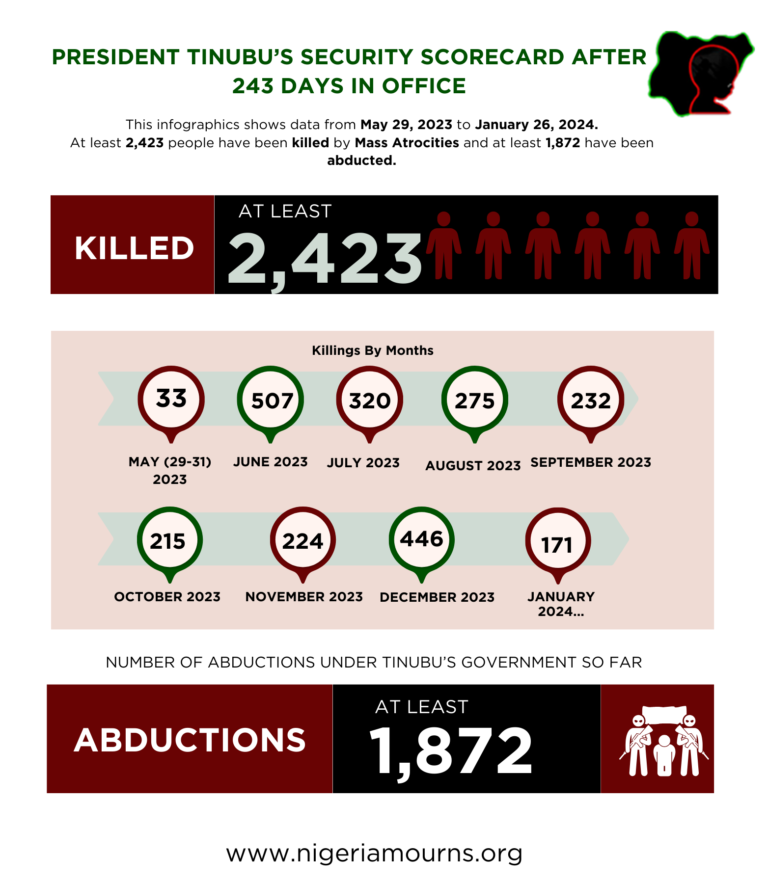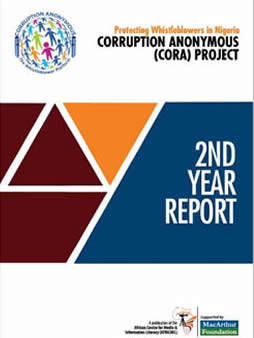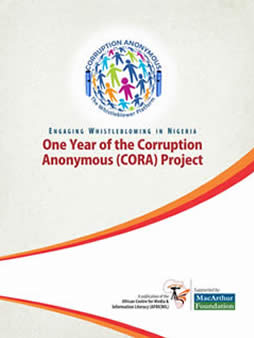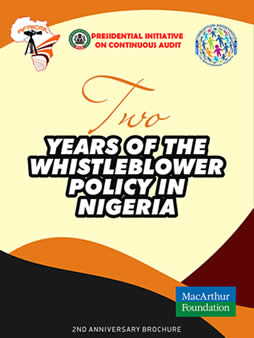Press Release
Deputy President of the Nigerian Senate, Ovie Omo-Agege, has assured that the 9th National Assembly will pass the whistleblowing and whistleblower protection bill into law before their term of office in 2023 elapses.
Omo-Agege made the promise while participating in a radio town hall meeting on Whistleblowing on Friday in Abuja.
The event was organized by the Progressive Impact Organization for Community Development (PRIMORG), in collaboration with the African Centre for Media and Information Literacy (AFRICMIL).
Represented by his Special Adviser on Legislative and Plenary Matters, Prince Efe Duku, the Deputy Senate President declared that he would vote in support of the whistleblowing bill when it gets to that point and galvanize his colleagues to support the bill.
He added that the debate on the bill would be fast as the present lawmakers are unlikely to oppose the passage of such a bill.
“So, we need to protect those people who are patriotic enough to come out to expose wrongdoings, and the best way to do that is using legislation, so the focus shifts to the National Assembly to pass this bill and I can tell you authoritatively that bill will be passed because of the process they have taken.
“He (Omo-Agege) will vote in favour of whistleblowing. If he is not presiding and then using his position as the number two man in the Senate, he will also be able to talk to his colleagues; in any case, there is no report out there that there is any legislator who opposes this bill.”
Duku, however, called on the Federal Ministry of Justice, which is saddled with the responsibility of drafting executive bills to collaborate more in a bid to ensure the smooth passage of the whistleblowing law.
An Assistant Chief State Counsel, Federal Ministry of Justice, Adesoji Afolabi, revealed that besides the whistleblowing bills already at the National Assembly, a bill drafted by the Ministry of Justice, which has been sent to the Ministry of Finance would soon be presented at the Federal Executive Council (FEC) meeting.
He said the problem with the existing whistleblowing policy is that people are not sure of their incentive and protection after blowing the whistle, stressing that the new bill drafted by the ministry is meant to address those challenges and ensure people have confidence in coming forward to report corrupt acts.
Afolabi also pledged that the whistleblowing bill would be passed under President Muhammadu Buhari’s administration as the ministry is doing everything possible to ensure that there is legislation for whistleblowers.
His word: “As far as the Federal Ministry of Justice is concerned, we are on the side of the people. What we are doing now is to ensure that that legislation sees the light of the day. The assurance is that the bill will be passed before the expiration of this 9th assembly, and I can assure you that by the grace of God.”
On his part, a legal practitioner, Maxwell Kadiri, expressed worry over the content of the newly drafted whistleblowing bill by the Ministry of Justice. Dissatisfied that input from CSOs were not requested before the drafting of the bill was finalized, Kadiri doubted that the time left for the present administration would be enough to harmonize and pass the bills.
Snr. Programme Officer at the African Centre for Media & Information Literacy (AFRICMIL), Godwin Onyeacholem scored the Buhari-led administration low on it avowed fight against corruption. He blamed the government for Nigeria’s inability to have a whistleblowing law since 2016 when the whistleblowing policy was introduced.
Onyeacholem maintained that Nigeria is unlikely to advance the fight against corruption if a law to protect whistleblowers is not enacted as soon as possible.
“You would expect that a government that really has the will to fight corruption would follow up with the introduction of an executive bill on whistleblowing to the National Assembly immediately so that we will not be here five years after talking about the absence of law.”
He called on the Federal Ministry of Finance to liaise with every other relevant agency of the government and send an executive bill to the legislature to merge or harmonize with the bills they currently have.
The PRIMORG’s Radio Town Hall Meeting Against Corruption series aims to call the public and government attention to specific issues of corruption in Nigeria.
The radio program runs with support from the MacArthur Foundation.

